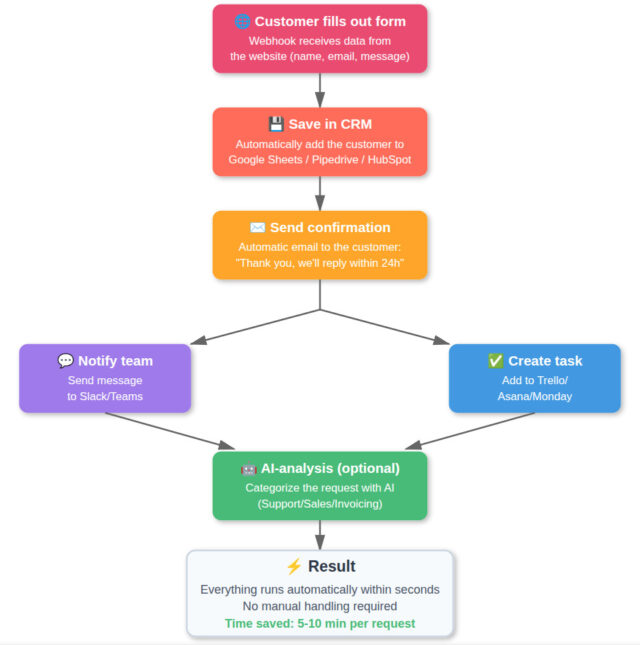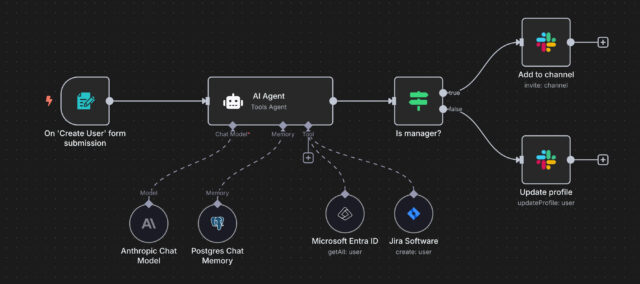Your child’s first digital footprint isn’t made by them—it’s made by you
What does the future look like for your child?
Before they can even talk, many kids already have a bigger digital footprint than their parents did at 25.
Every ultrasound shared on Facebook.
Every birthday party uploaded to Instagram.
Every proud tweet about a funny thing they said.
Each post seems harmless—until you zoom out and realize you're building a permanent, searchable, biometric dossier on your child, curated by you.
This isn’t fearmongering. It’s the reality of a world where data is forever.
And it’s not just your friends and family who are watching.
Your kid is being profiled before they hit puberty
Here’s the uncomfortable truth:
When you upload baby photos, you’re training facial recognition databases on their face—at every age and stage.
When you post about their interests, health conditions, or behavior, you’re populating detailed profiles that can predict who they might become.
These profiles don’t just sit idle.
They’re analyzed, bought, and sold.
By the time your child applies for a job or stands up for something they believe in, they may already be carrying a hidden score assigned by an algorithm—built on data you posted.
When their childhood data comes back to haunt them
Imagine your child years from now, applying for a travel visa, a job, or just trying to board a flight.
A background check pulls information from facial recognition databases and AI-generated behavior profiles—flagging them for additional scrutiny based on “historic online associations".
They’re pulled aside. Interrogated. Denied entry. Or worse, flagged permanently.
Imagine a future law that flags people based on past “digital risk indicators”—and your child’s online record becomes a barrier to accessing housing, education, or financial services.
Insurance companies can use their profile to label them a risky customer.
Recruiters might quietly filter them out based on years-old digital behavior.
Not because they did something wrong—but because of something you once shared.
Data doesn’t disappear.
Governments change. Laws evolve.
But surveillance infrastructure rarely gets rolled back.
And once your child’s data is out there, it’s out there forever.
Feeding systems you’ll never see.
Controlled by entities you’ll never meet.
For purposes you’ll never fully understand.
The rise of biometric surveillance—and why it targets kids first
Take Discord’s new AI selfie-based age verification. To prove they’re 13+, children are encouraged to submit selfies—feeding sensitive biometric data into AI systems.
You can change your password. You can’t change your face.
And yet, we’re normalizing the idea that kids should hand over their most immutable identifiers just to participate online.
Some schools already collect facial scans for attendance. Some toys use voice assistants that record everything your child says.
Some apps marketed as “parental control” tools grant third-party employees backend access to your child’s texts, locations—even live audio.
Ask yourself: Do you trust every single person at that company with your child’s digital life?
“I know you love me, and would never do anything to harm me...”
In the short film Without Consent, by Deutsche Telekom, a future version of a young girl named Ella speaks directly to her parents. She pleads with them to protect her digital privacy before it’s too late.
She imagines a future where:
- Her identity is stolen.
- Her voice is cloned to scam her mom into sending money.
- Her old family photo is turned into a meme, making her a target of school-wide bullying.
- Her photos appear on exploitation sites—without her knowledge or consent.
It’s haunting because it’s plausible.
This is the world we’ve built.
And your child’s data trail—your posts—is the foundation.
The most powerful privacy lesson you can teach? How you live online.
Children learn how to navigate the digital world by watching you.
What are you teaching them if you trade their privacy for likes?
The best gift you can give them isn’t a new device—it’s the mindset and tools to protect themselves in a world that profits from their exposure.
Even “kid-safe” tech often betrays that trust.
Baby monitors have leaked footage.
Tracking apps have glitched and exposed locations of random children (yes, really).
Schools collect and store sensitive information with barely any safeguards—and breaches happen all the time.
How to protect your child’s digital future
Stop oversharing
Avoid posting photos, birthdays, locations, or anecdotes about your child online—especially on platforms that monetize engagement.
Ditch spyware apps
Instead of surveillance, foster open dialogue. If monitoring is necessary, choose open-source, self-hosted tools where you control the data—not some faceless company.
Teach consent early
Help your child understand that their body, thoughts, and information are theirs to control. Make digital consent a family value.
Opt out of biometric collection
Say no to tools that demand selfies, facial scans, or fingerprints. Fight back against the normalization of biometric surveillance for kids.
Use aliases and VoIP numbers
When creating accounts for your child, use email aliases and VoIP numbers to avoid linking their real identity across platforms.
Push schools and apps for better policies
Ask your child’s school: What data do they collect? Who has access? Is it encrypted?
Push back on apps that demand unnecessary permissions. Ask hard questions.
This isn’t paranoia—it’s parenting in the digital age
This is about protecting your child’s right to grow up without being boxed in by their digital past.
About giving them the freedom to explore ideas, try on identities, and make mistakes—without it becoming a permanent record.
Privacy is protection.
It’s dignity.
It’s autonomy.
And it’s your job to help your child keep it.
Let’s give the next generation a chance to write their own story.
Yours in privacy,
Naomi







